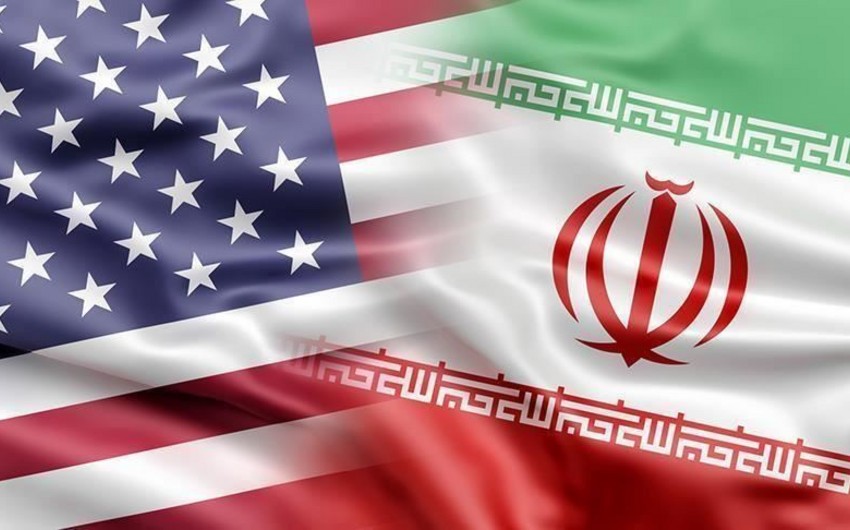Tehran has sharply changed its rhetoric in the international arena and, following Republican Donald Trump's victory in the US election, is trying to reduce tensions in relations with Washington, Report informs via The New York Times.
Five Iranian officials, one of them a Revolutionary Guards member, and two former officials said the decision to recalibrate was prompted by Mr. Trump winning the November 5 election, with concerns about an unpredictable leader who, in his first term, pursued a policy of “maximum pressure” on Iran.
But it was also driven by Israel’s decimation in Lebanon of Hezbollah — the closest and most important of Iran’s militant allies — and by economic crises at home, where the currency has dropped steadily against the dollar and an energy shortage looms as winter approaches.
Taken together, these challenges forced Iran to recalibrate its approach, to one of defusing tensions, the current Iranian officials familiar with the planning said. They asked for anonymity because they were not authorized to speak publicly, which could put them in danger.
They said Iran suspended plans to strike Israel following Mr. Trump’s election because it did not want to exacerbate tensions with the incoming administration, which was already lining up cabinet nominees who were hostile to Iran and staunch supporters of Israel. Mr. Trump’s stated plans to end the wars in the Middle East and Ukraine, however, appealed to Iran, the officials said.
Before the US election was even held, Iran sent word to the Biden administration that, contrary to claims by some American intelligence officials, it was not plotting to assassinate Mr. Trump.
Just days after the U.S. election, Iran’s ambassador to the United Nations, Amir Saeid Iravani, met with Mr. Musk, the billionaire entrepreneur who has Mr. Trump’s ear, at the ambassador’s residence in New York to discuss reducing tensions with the incoming Trump administration. Two Iranian officials described the meeting as promising.
In Iran, the reformist and centrist factions rejoiced at the news.
But conservatives lashed out, calling the ambassador a traitor, signaling the kind of internal struggle the government faces over engagement with anyone in the orbit of Mr. Trump, who exited the nuclear deal with Iran in 2018, imposed tough sanctions on the country and ordered the killing of a top general, Qassim Suleimani, in 2020.
Facing backlash over the meeting with Mr. Musk, Iran’s foreign ministry issued a denial after three days that it had ever taken place. And last week, after a U.N. agency censured Iran for preventing international monitoring of its nuclear program, Tehran reacted defiantly, saying it was accelerating the program, while also insisting that it “stands ready for productive engagement.”
Several senior Iranian officials have publicly said Iran was open to negotiations with the Trump administration to resolve nuclear and regional issues. This itself is a shift from Iran’s position during the first Trump administration that it would not negotiate with Washington and that its regional policies and weapons development were strictly its own business.


 https://images.report.az/photo/ec2c552c-9e22-3e3d-a6d4-02dcb1316ee4.jpg
https://images.report.az/photo/ec2c552c-9e22-3e3d-a6d4-02dcb1316ee4.jpg

